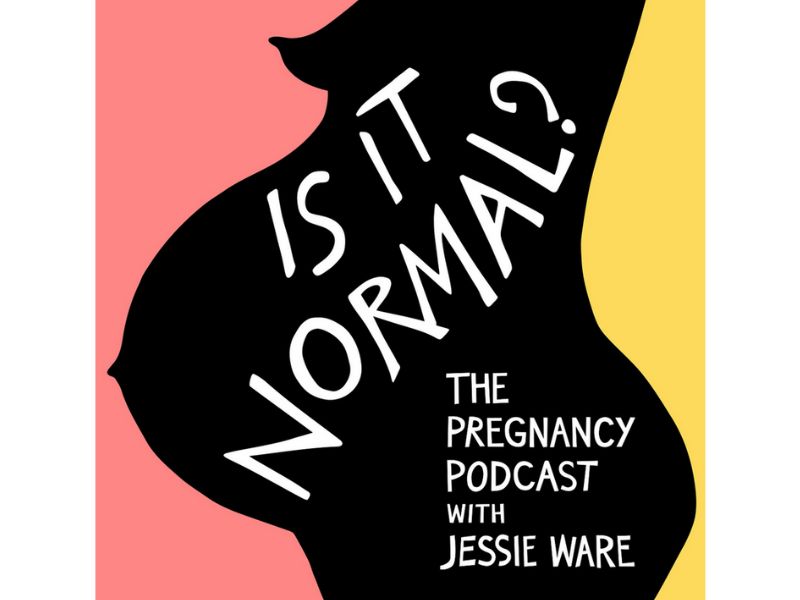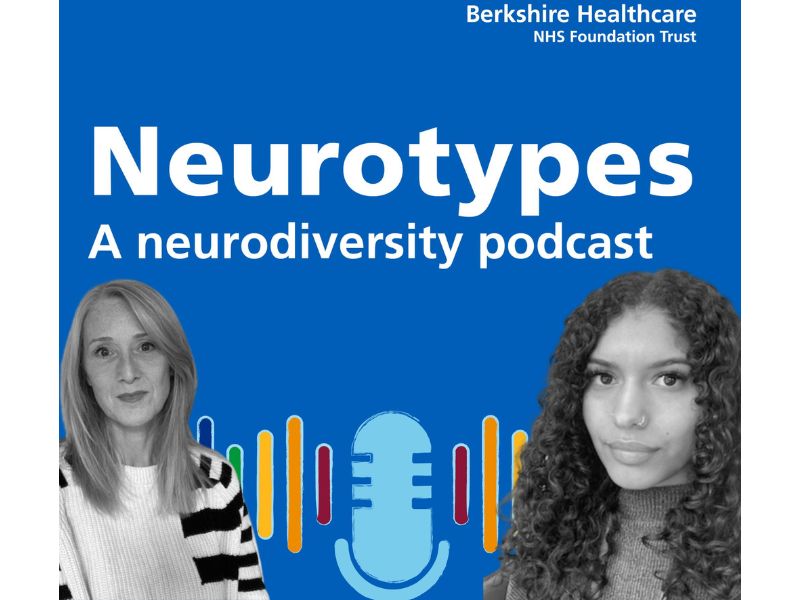 Sugar is getting a bad rap in the press at the moment – and quite rightly so. Its dominance in the food industry is fundamentally undermining the nation’s health, and ‘quitting’ sugar should be on everyone’s list of New Year’s resolutions.
Sugar is getting a bad rap in the press at the moment – and quite rightly so. Its dominance in the food industry is fundamentally undermining the nation’s health, and ‘quitting’ sugar should be on everyone’s list of New Year’s resolutions.
Sweet poison
Sugar is linked to most of the major health issues affecting the nation today – obesity, diabetes, cardiovascular disease, brain function deterioration, even cancer.
So, cutting sugar may help safe guard your long-term health and is likely to have a positive impact on your current health goals too – whether they be improving energy levels, losing weight, lifting mood swings, strengthening the immune system or addressing hormonal imbalances, amongst others. Research also suggests it contributes to the aging process – and as the beauty industry well knows, we all aspire to have great skin.
If you only do two things for your health this year, make one to work on reducing sugar, and make a fitness focus the other.
So how addictive is it?
Some scientists may argue that sugar is not officially an addictive substance – as compared to drugs, alcohol (also sugar laden) and tobacco. However, clinical and anecdotal evidence suggest behavioural similarities and many self-confessed sugar addicts will tell you they can’t deny their cravings and they wait for the next pick-me-up, swinging between high and low energy and becoming grouchy or ‘wilty’ when they’ve not had their fix. Purging the stuff can also temporarily lead to withdrawal symptoms such as fatigue, irritability and headaches.
Even if you don’t feel that you have a physical dependence on sugar, there may still be a fair chance that you, like the average Britain, is consuming an average of 93g or 24 teaspoons of sugar a day – some experts suggest that’s as much as five times the amount the human body is designed to metabolise. So, how can that be good for you?
Where sugar hides
Cutting sugar isn’t just about axing the sweet treats and fizzy drinks. It means getting savvy about the less obvious sources. If it’s the product of a factory, there is a good chance the manufacturer has sweetened it up – this includes baked goods, cereal bars, ready meals, commercial sauces, dressings and some ‘health foods’ such as low fat products and flavoured yoghurts and milks.
Unfortunately natural sources of sugar should also be kept in check as sometimes this is where teaspoons of fructose can be too easily racked up, compromising an otherwise sugar-light diet. Dried fruit, tinned fruit and honey are amongst the worst offenders. Tropical fruits such as bananas, mangos and melons have a higher sugar content than strawberries, blueberries and apples which originate from cooler climates.
It’s worth noting that all carbohydrates break down to sugar in the body eventually – but when we’re talking about sugar in this context, we are primarily talking about foods high in simple short chain sugars – the ones that favour fat deposition or can spike your blood sugar. Making good carbohydrate food choices is another blog post!
You are probably asking yourself, what could my diet look like without sugar and how practical it is to avoid? Watch this space, as I will be writing about how to successfully cut your sugar intake and tips to help curb the sugar draw.
Hungry for more? Get in touch with Sarah.
 Author:
Author:
Sarah Grant – nutrition coach and owner of Gut Reaction. She is a qualified nutritional therapist, who aims to help people make sense of nutrition and work with people one-on-one to help them find a route to healthy eating that fits in with their lifestyle – and makes them feel great!
Twitter: http://twitter.com/gutreaction1 @gutreaction1
Linked In: http://www.linkedin.com/pub/sarah-grant/8/726/1a5








